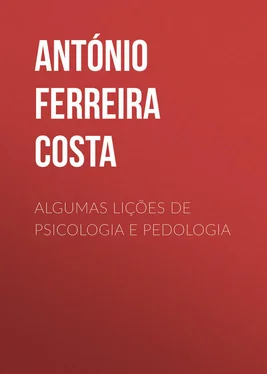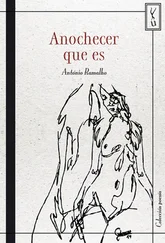And this leads to the true estimation of what is said by the objectors concerning the possibility, and the obligation, of learning to do without happiness. Unquestionably it is possible to do without happiness; it is done involuntarily by nineteen-twentieths of mankind, even in those parts of our present world which are least deep in barbarism; and it often has to be done voluntarily by the hero or the martyr, for the sake of something which he prizes more than his individual happiness. But this something, what is it, unless the happiness of others, or some of the requisites of happiness? It is noble to be capable of resigning entirely one's own portion of happiness, or chances of it: but, after all, this self-sacrifice must be for some end; it is not its own end; and if we are told that its end is not happiness, but virtue, which is better than happiness, I ask, would the sacrifice be made if the hero or martyr did not believe that it would earn for others immunity from similar sacrifices? Would it be made, if he thought that his renunciation of happiness for himself would produce no fruit for any of his fellow creatures, but to make their lot like his, and place them also in the condition of persons who have renounced happiness? All honour to those who can abnegate for themselves the personal enjoyment of life, when by such renunciation they contribute worthily to increase the amount of happiness in the world; but he who does it, or professes to do it, for any other purpose, is no more deserving of admiration than the ascetic mounted on his pillar. He may be an inspiriting proof of what men can do, but assuredly not an example of what they should .
Though it is only in a very imperfect state of the world's arrangements that any one can best serve the happiness of others by the absolute sacrifice of his own, yet so long as the world is in that imperfect state, I fully acknowledge that the readiness to make such a sacrifice is the highest virtue which can be found in man. I will add, that in this condition of the world, paradoxical as the assertion may be, the conscious ability to do without happiness gives the best prospect of realizing such happiness as is attainable. For nothing except that consciousness can raise a person above the chances of life, by making him feel that, let fate and fortune do their worst, they have not power to subdue him: which, once felt, frees him from excess of anxiety concerning the evils of life, and enables him, like many a Stoic in the worst times of the Roman Empire, to cultivate in tranquillity the sources of satisfaction accessible to him, without concerning himself about the uncertainty of their duration, any more than about their inevitable end.
Meanwhile, let utilitarians never cease to claim the morality of self-devotion as a possession which belongs by as good a right to them, as either to the Stoic or to the Transcendentalist. The utilitarian morality does recognise in human beings the power of sacrificing their own greatest good for the good of others. It only refuses to admit that the sacrifice is itself a good. A sacrifice which does not increase, or tend to increase, the sum total of happiness, it considers as wasted. The only self-renunciation which it applauds, is devotion to the happiness, or to some of the means of happiness, of others; either of mankind collectively, or of individuals within the limits imposed by the collective interests of mankind.
Конец ознакомительного фрагмента.
Текст предоставлен ООО «ЛитРес».
Прочитайте эту книгу целиком, купив полную легальную версию на ЛитРес.
Безопасно оплатить книгу можно банковской картой Visa, MasterCard, Maestro, со счета мобильного телефона, с платежного терминала, в салоне МТС или Связной, через PayPal, WebMoney, Яндекс.Деньги, QIWI Кошелек, бонусными картами или другим удобным Вам способом.
The author of this essay has reason for believing himself to be the first person who brought the word utilitarian into use. He did not invent it, but adopted it from a passing expression in Mr. Galt's Annals of the Parish . After using it as a designation for several years, he and others abandoned it from a growing dislike to anything resembling a badge or watchword of sectarian distinction. But as a name for one single opinion, not a set of opinions – to denote the recognition of utility as a standard, not any particular way of applying it – the term supplies a want in the language, and offers, in many cases, a convenient mode of avoiding tiresome circumlocution.












